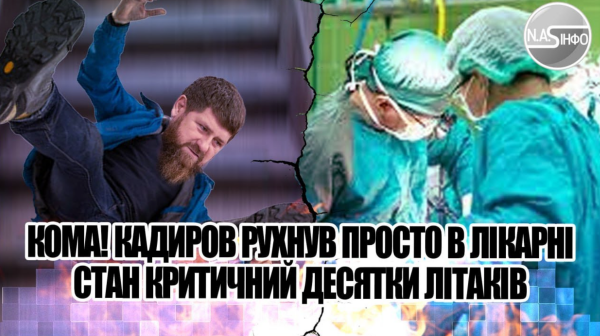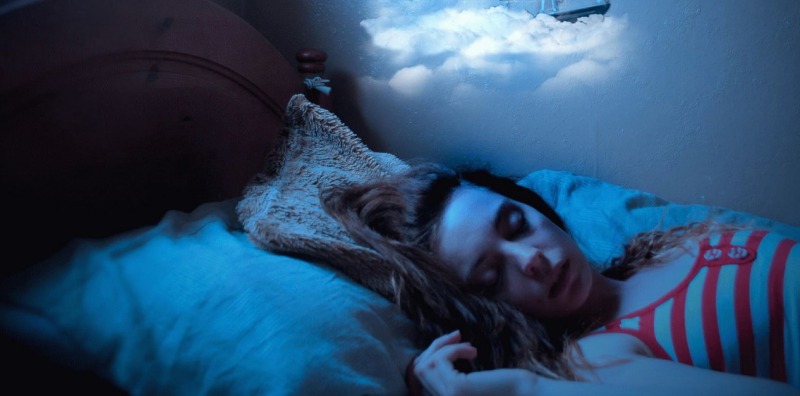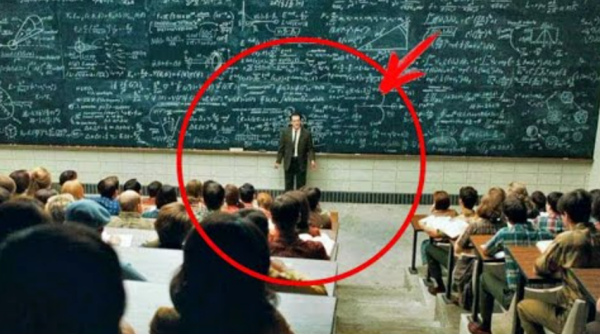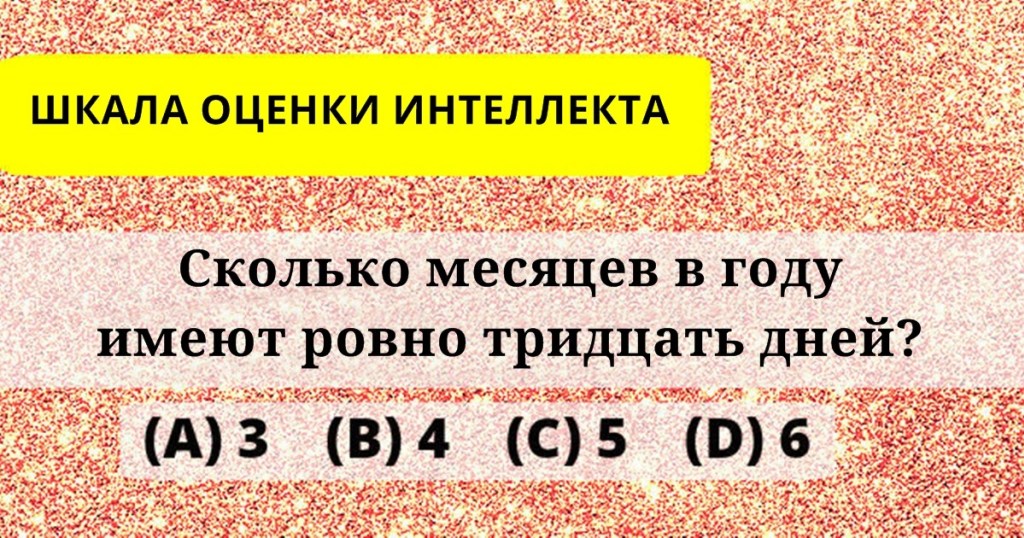She hands him a business card with only a phone number. If you notice anyone else with unusual talents, this number reaches people who might be interested. Recruiting, Frank asks.
Always, she confirms. The right people are hard to find, and even harder to recognize, he adds. She nods in acknowledgment.
Take care, Frank. As she walks away, Frank calls after her. Commander, was any of this real? The arrest? The courtroom? Or was it all part of the operation? She turns back.
What do you think? Frank considers this. I think sometimes the most effective way to hide is in plain sight. Create a spectacle that people remember, but for reasons that distract from the truth.
For the first time, Commander Hayes gives him a genuine smile. You would have made an excellent operative yourself, Frank. I’m happy keeping the range running, he says.
Someone needs to be here when people like you need a quiet place to practice. Six months later, Frank notices a young woman at the range. Early twenties, handling her rifle with unusual expertise.
Nothing flashy, but her technique speaks of professional training. When she adjusts for a difficult crosswind shot without checking any instruments, Frank remembers Commander Hayes doing the same thing. He watches for an hour as she systematically works through different distances, recording her results in a small notebook.
When she finishes, he approaches. That’s some impressive shooting. She nods politely.
Thank you. I practice when I can. Military background? He asks casually.
College shooting team. She replies a perfect cover story. Plausible and difficult to verify.
Frank nods, playing along. Well, you’re welcome here any time. We get all skill levels.
As she packs her equipment, he notices a familiar movement pattern, the same efficient motions he’s seen from Commander Hayes and her team. That evening, after closing, Frank stares at the business card Commander Hayes gave him. The young woman had been good, very good at maintaining her cover.
But to his trained eye, certain things can’t be hidden. He dials the number. Identification, answers a neutral voice.
Blue water, still horizon, Frank says, recalling the authentication phrase Wells had taught him. Go ahead. I met someone interesting today, Frank says.
The kind of person you might want to know about. Details? Female, early 20s. Expert marksmanship with unusual training indicators.
Giving cover story about college teams, but showing operational movement patterns. A pause. Assessment? Either she’s one of yours testing me, or she’s someone who should be on your radar.
We’ll look into it. Anything else? Frank hesitates. Is Commander Hayes still active in this area? Another pause, longer this time.
That name isn’t in our current operational database. Frank understands. Of course.
Just curious. Your contribution is noted and appreciated. Three days later, the young woman returns to the range.
This time, a man accompanies her middle-aged, with the bearing of someone comfortable with authority. They practice together, their interactions suggesting a mentor-student relationship. When they finish, the man approaches Frank while the woman packs their equipment.
Mr. Sullivan, he says, using Frank’s last name, though Frank hasn’t introduced himself. I understand you made a call recently. Frank remains calm.
I did. Good eyes, the man says. She’s one of our assessment candidates.
Part of her evaluation was to shoot here without drawing attention. She’s skilled, Frank acknowledges. But there are tells if you know what to look for.
That’s why we value observers like you, the man replies. Sometimes talent spots talent better than our formal systems. The young woman joins them.
How did I do, she asks, dropping the pretense. Mr. Sullivan identified you within an hour, the man tells her. You’ll need to work on concealing your training patterns.
She accepts the criticism professionally. What gave me away? Wind adjustment without instruments, Frank says. Commander Hayes did the same thing.
The man and woman exchange a glance at the mention of Hayes’s name. Thank you for the feedback, she says. May I come back to practice? Frank nods.
Any time. Though you might want to deliberately miss occasionally if you’re trying to blend in. As they prepare to leave, the man hands Frank an envelope.
Our appreciation for your discretion and assistance. Inside is a new business card, this one with an embossed insignia Frank recognizes from Naval Special Warfare, and a different phone number. We’re always looking for training facilities and observers, the man explains.
If you’re interested in a more formal arrangement, Frank considers it. After 15 years running the range, perhaps it’s time for a new challenge. I might be.
Commander Hayes spoke highly of your situational awareness, the man adds. That carries weight in our organization. As Frank watches them leave, he reflects on the strange path his retirement has taken from running a simple shooting range to becoming part of an invisible network that identifies and nurtures the nation’s most specialized defenders.
He tucks the new card into his wallet, next to the first one. Some people serve in uniform for all to see, others serve in shadows. And some, like him, simply keep watch, making sure those shadows remain safe places for necessary work.
The next morning, Frank arrives at the range to find a package waiting a new high-end spotting scope with thermal capabilities and an encrypted communication module. The note attached contains only three words. Keep watching, Frank.
He recognizes the handwriting immediately. Commander Hayes may have moved on to new operations, new identities, new missions. But her legacy continues here, in this small corner of Maine, where ordinary-looking people with extraordinary skills can practice their craft away from curious eyes.
Frank installs the new equipment, understanding its true purpose. He’s not just running a shooting range anymore. He’s maintaining a waypoint in a hidden network of place where those who operate in darkness can find momentary safety in the light.
And if more young shooters with too-perfect technique and too-casual cover stories appear, he’ll know exactly what to do. Because some of them are always around. You just don’t see them unless you know how to look.













